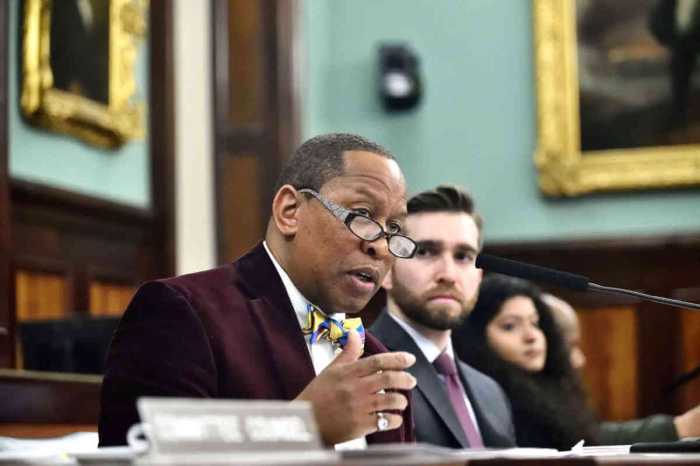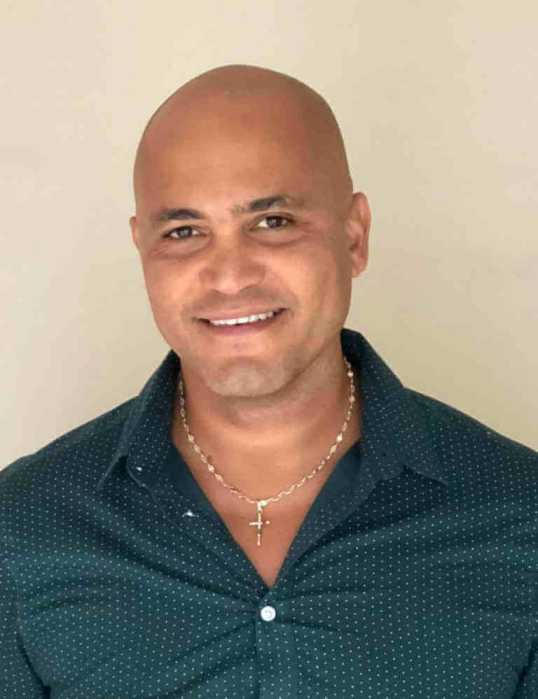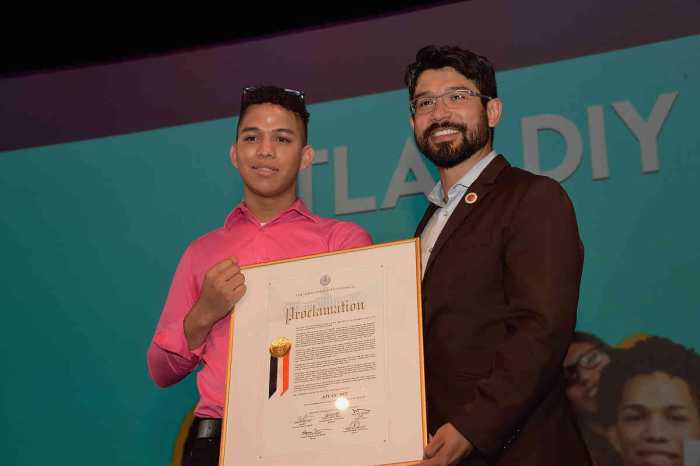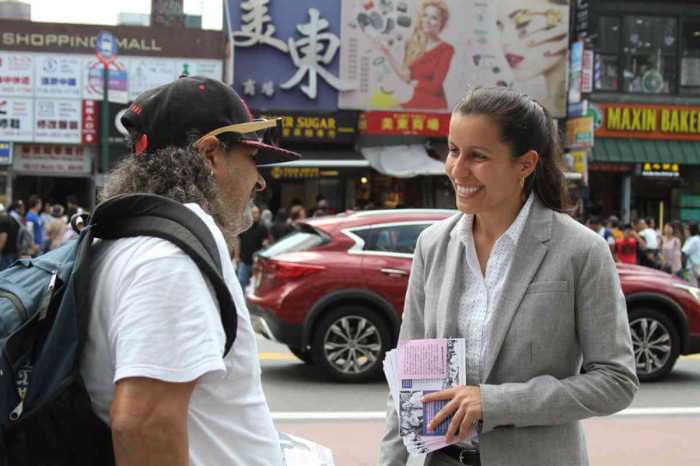BY PAUL SCHINDLER | With his progressive agenda for governing New York City, Mayor Bill de Blasio is aiming for big things. His plan for providing permanent funding for pre-K education asks that the wealthiest New Yorkers step up to pay a modestly higher share of the overall tax burden. He is also trying to win approval in Albany for a higher minimum wage than the state’s $8 an hour.
Amidst those ambitious goals, the mayor, in his first preliminary budget, also delivered on promises he made to the LGBT community during last year’s campaign. He announced that he and Governor Andrew Cuomo have agreed to increase support for New Yorkers with AIDS receiving housing assistance so that their rent will not exceed 30 percent of their income — a goal long sought by advocates. De Blasio also put the city on course to establish $12 million as the floor for funding programs serving homeless youth, a disproportionate share of whom identify as LGBT.
Those progressive ambitions, however, are not matched by the mayor’s posture on two key discrimination issues.
Less than a day after an open letter signed by hundreds of New Yorkers asked that uniformed city personnel be barred from participating in the annual St. Patrick’s Day Parade on Fifth Avenue so long as that event keeps out openly LGBT participants, de Blasio responded, “I believe that uniformed city workers have a right to participate if they choose to, and I respect that right.” He then made clear that the discussion was over.
The mayor’s handling of the matter no doubt displayed canny political instincts. At the same time that he let stand the status quo, under which police and firefighters have long marched in uniformed contingents, he expressed his own opposition to the parade’s discriminatory policy, saying he himself would not participate.
Unfortunately, that hedge misses the point. The parade’s organizers have the First Amendment right to exclude whatever messages they choose — that principle has been upheld by the US Supreme Court. The city, however, bound by its human rights law, cannot participate in that discrimination. The presence of uniformed municipal employees lending the city’s stamp of approval to the parade is inappropriate, perhaps even illegal. And the message that uniformed cops and firefighters in that parade send to the LGBT community, raising doubts about their even-handedness in carrying out their duties, undermines faith in law enforcement.
City personnel, of course, have the right to march in the parade. Wearing their uniforms, however, should only be approved if the parade organizers are willing to end their longstanding anti-gay policy. De Blasio, in shutting down the debate, is missing an opportunity to use his bully pulpit to chart a new course for the parade in which gays can march openly along with uniformed police and firefighters, all of them showing off their Irish pride. That win-win would end a stalemate of more than two decades.
The mayor also misses the mark on another question of discrimination. Department of Education policy has for years barred the use of school facilities for religious worship services, but that prohibition remains unenforced pending the outcome of one congregation’s federal court challenge. The Bloomberg administration defended the school policy, with a Law Department spokesperson telling Gay City News two years ago, “Public school buildings, which are funded by taxpayers’ dollars and used primarily by the city’s diverse public school children, should not be used as houses of worship or to subsidize worship.”
Some of the congregations holding worship services in the schools while the issue is in the courts — including the Bronx Household of Faith, which brought the lawsuit — preach explicitly anti-gay doctrine in their services. Last year, the City Action Coalition PAC, a group pressing to undo the school’s policy barring religious services, spent $50,000 to defeat five City Council candidates, including three who are openly-LGBT — the Lower East Side’s Rosie Mendez, Carlos Menchaca from Brooklyn, and the Bronx’s Ritchie Torres.
Asked about the Education Department’s policy, however, de Blasio as public advocate and a mayoral candidate said that “common sense and fairness” trumped concerns over separation of church and state. The incursion of worship services, including ones with homophobic messages, into publicly-funded school space, he said in a written statement, “is hardly a transgressive one.”
De Blasio’s City Law Department will likely soon face the question of whether to continue defending the school’s principled stand barring worship services — and the mayor’s past statements leave little room for hope.
What I find most frustrating about de Blasio’s position on both these issues is that I suspect he “gets” the problem raised by uniformed cops marching on St. Patrick’s Day and by anti-gay congregations getting bargain-priced space in the public schools. Taking on the organizers of the parade, the uninformed police and firefighter groups that traditionally march, and congregations that may have strong support in specific neighborhoods could be viewed as a distraction for a new mayor with an ambitious agenda. But I am in no way minimizing the significant and laudable goals de Blasio is pursuing to say that the city must also be vigilant in making certain that its resources and legal and moral authority are not used to enable discrimination.


































